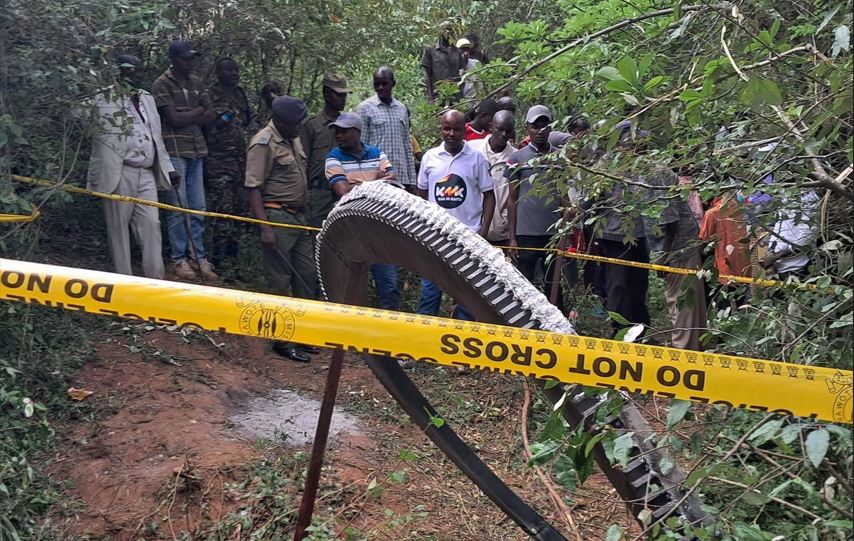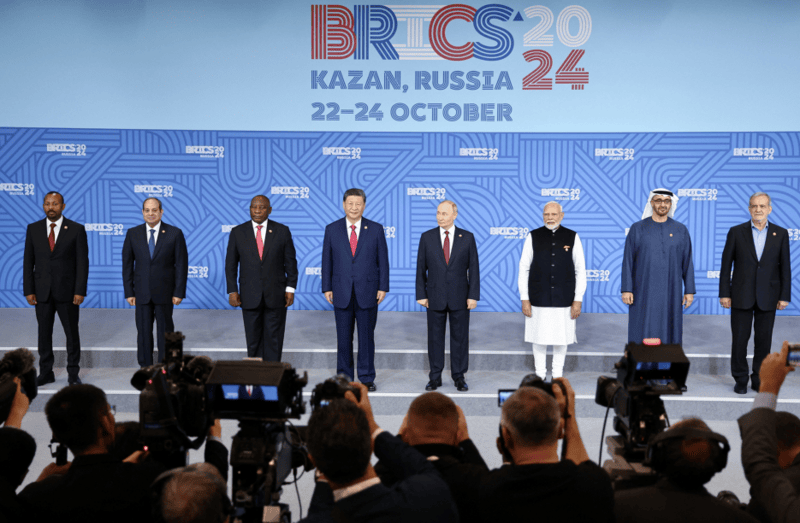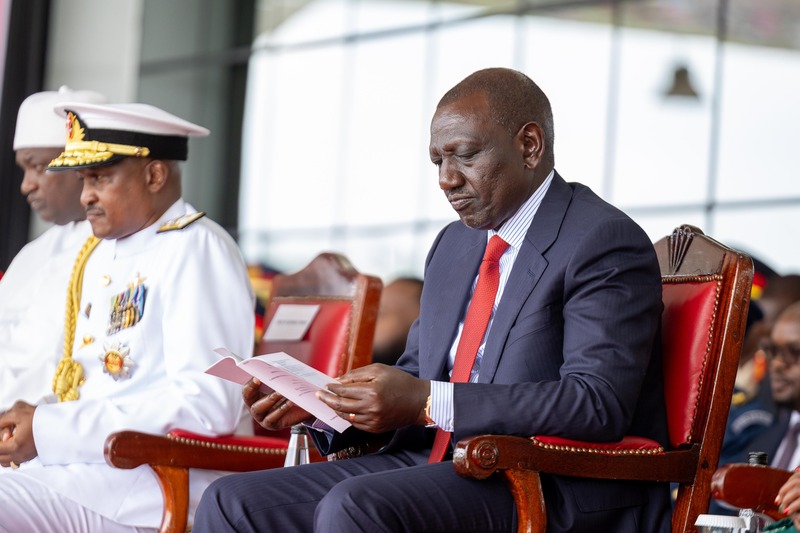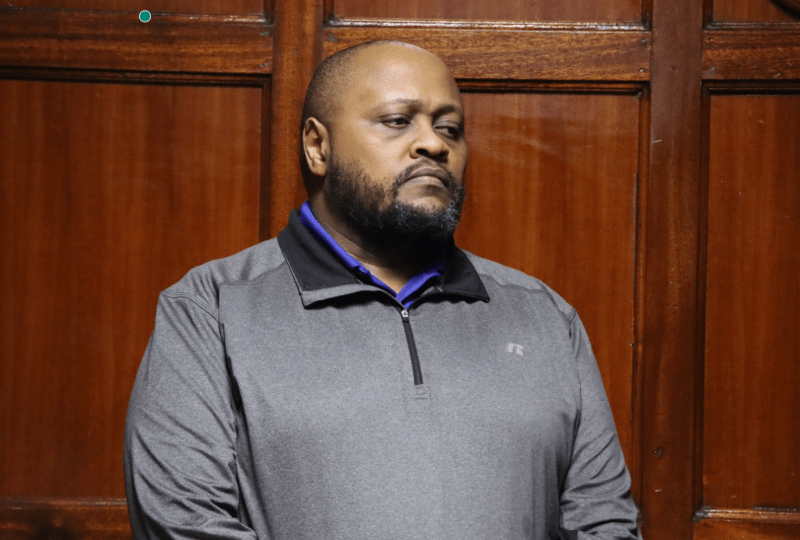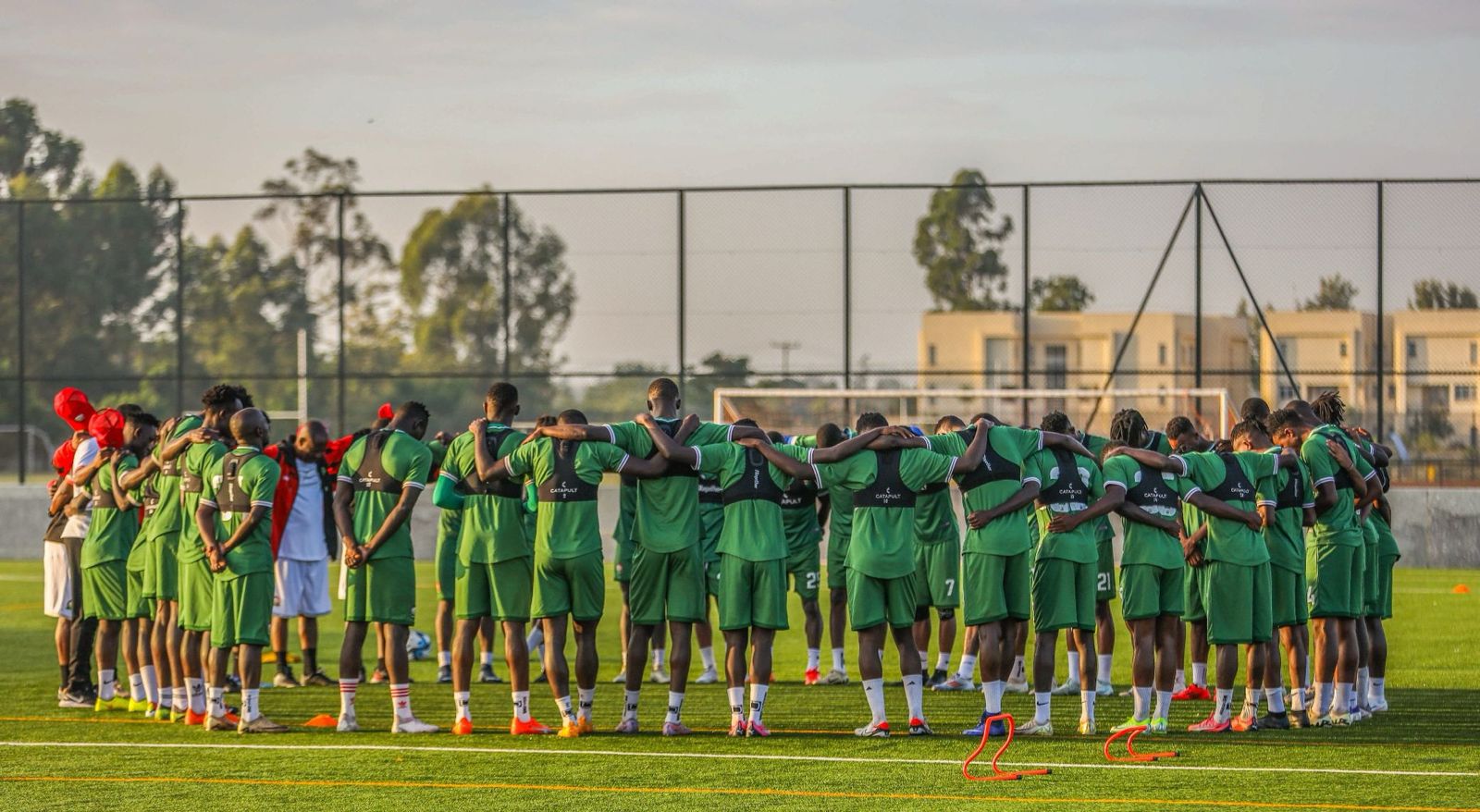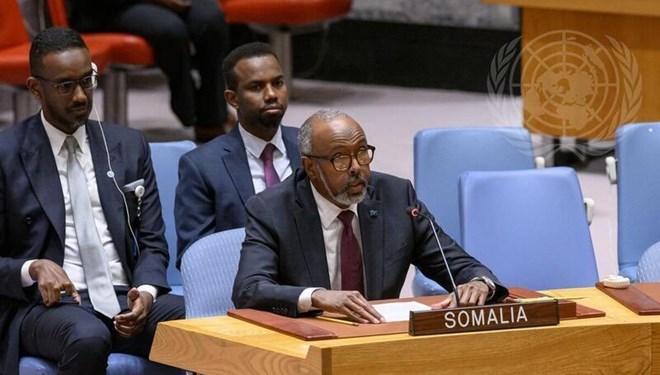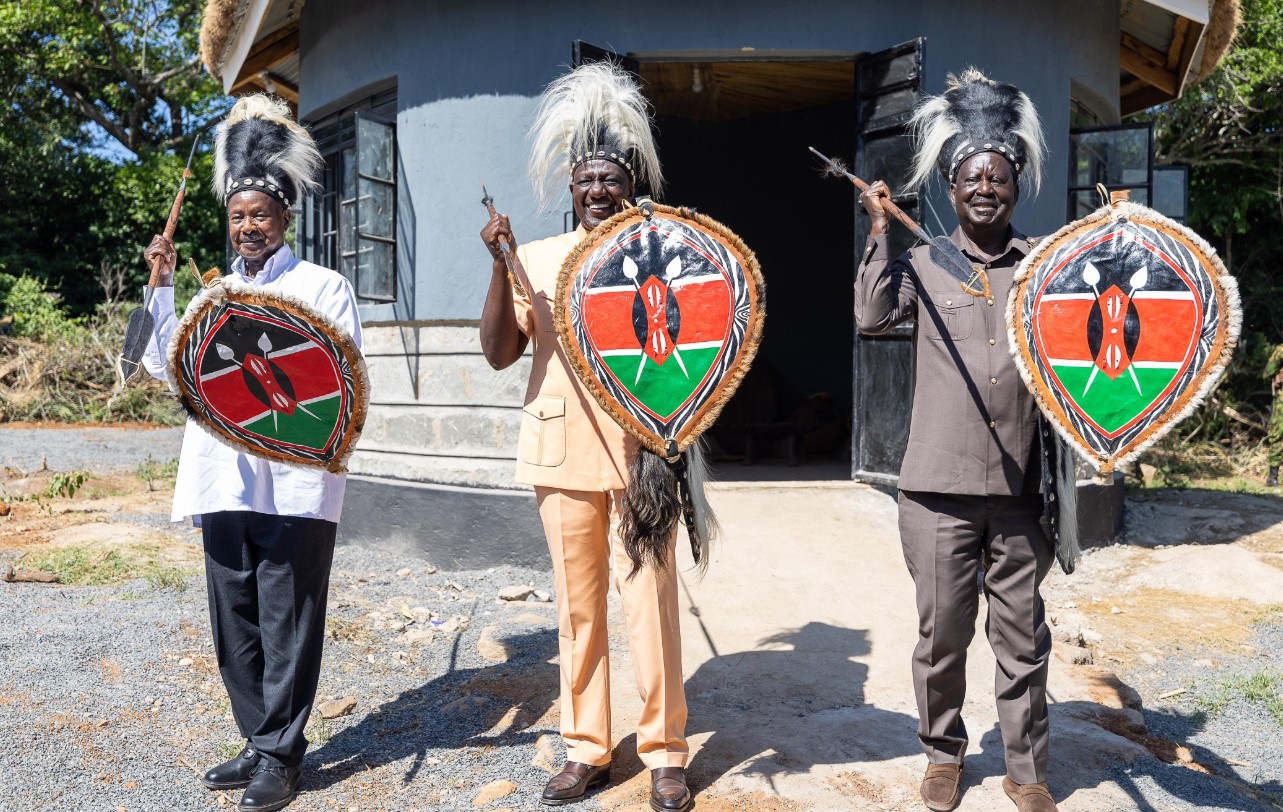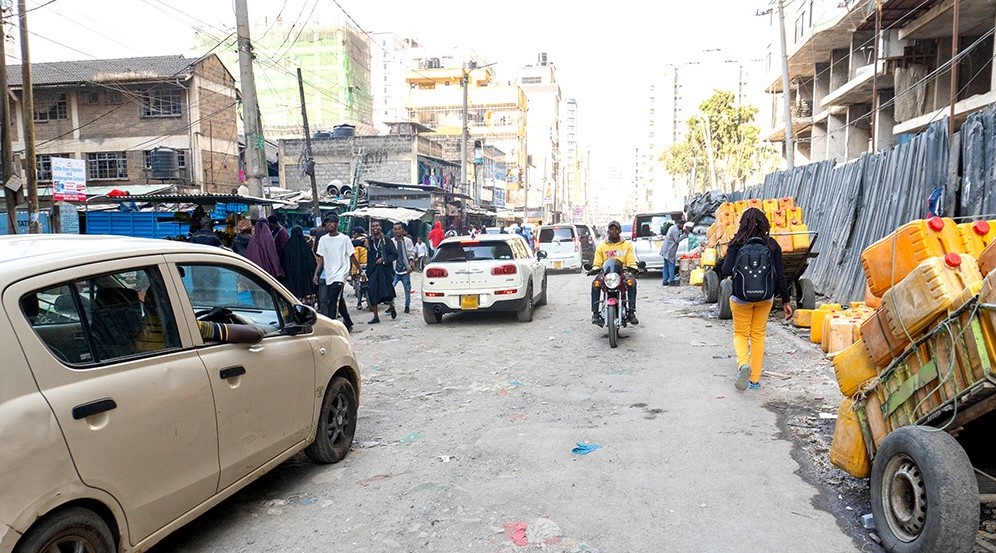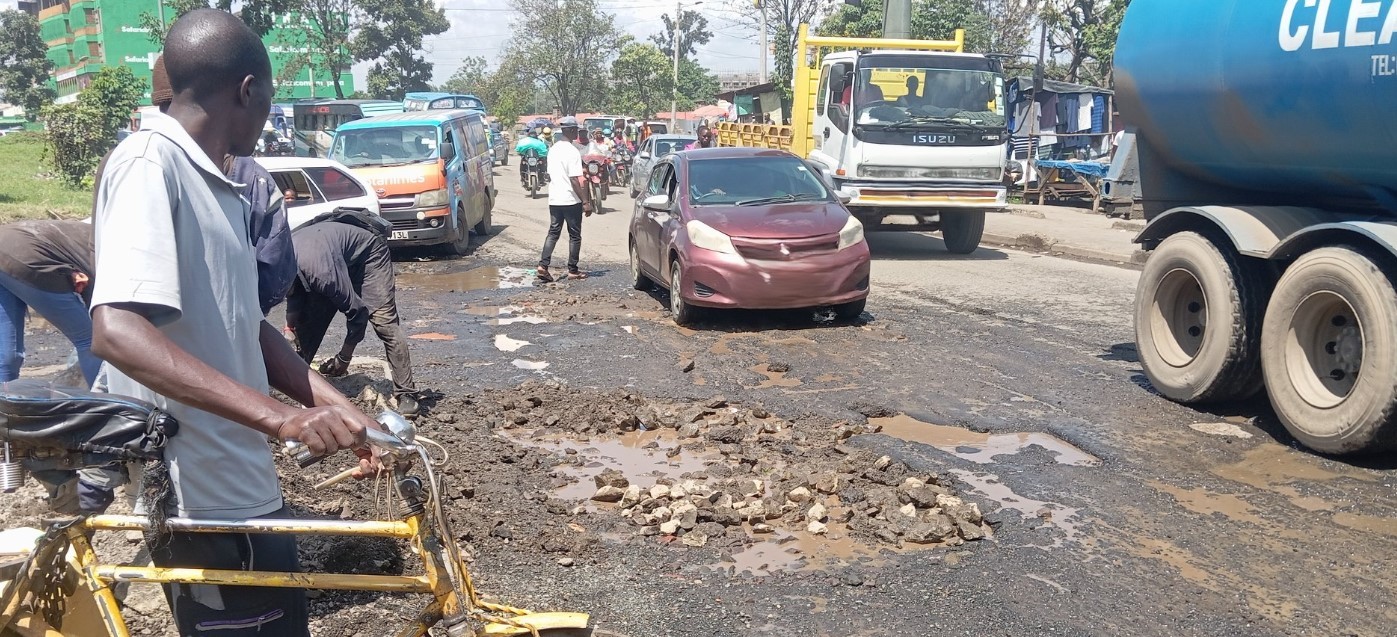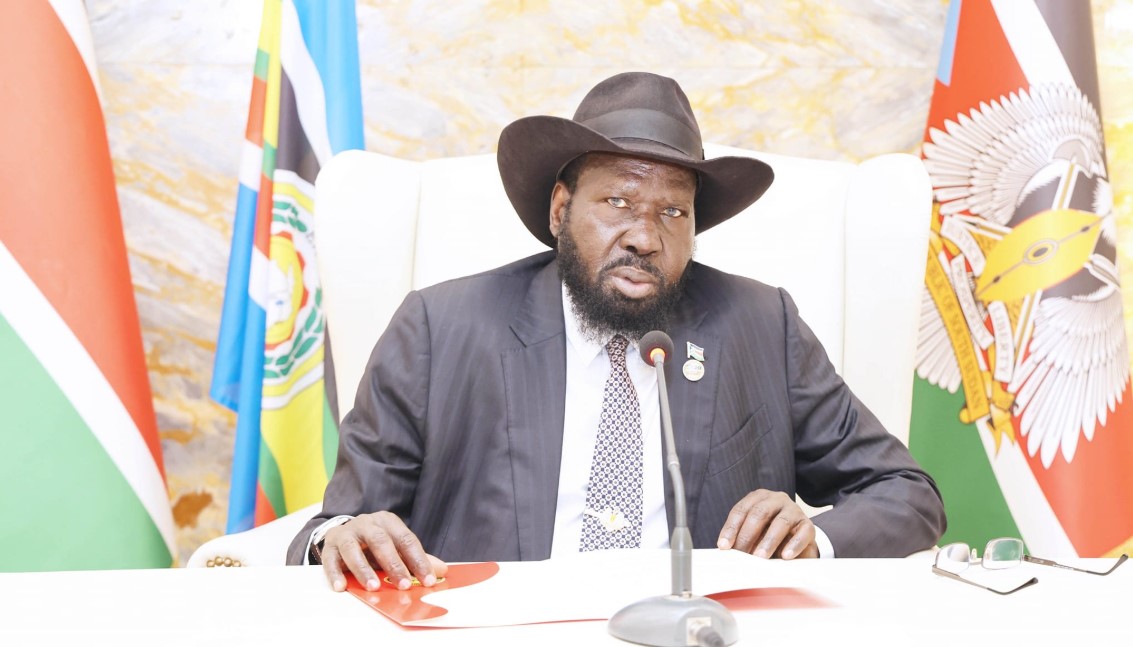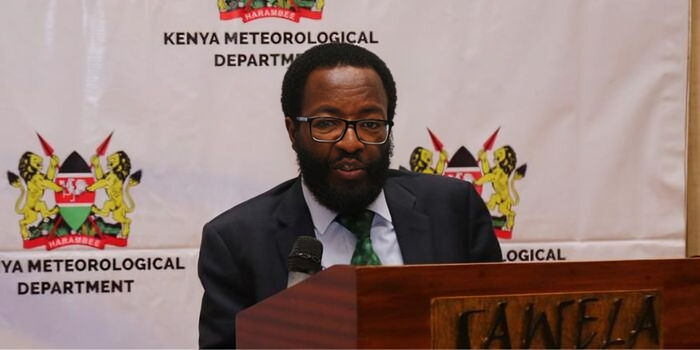Ichung'wah slams Gachagua's media briefing as "public relations gimmick"
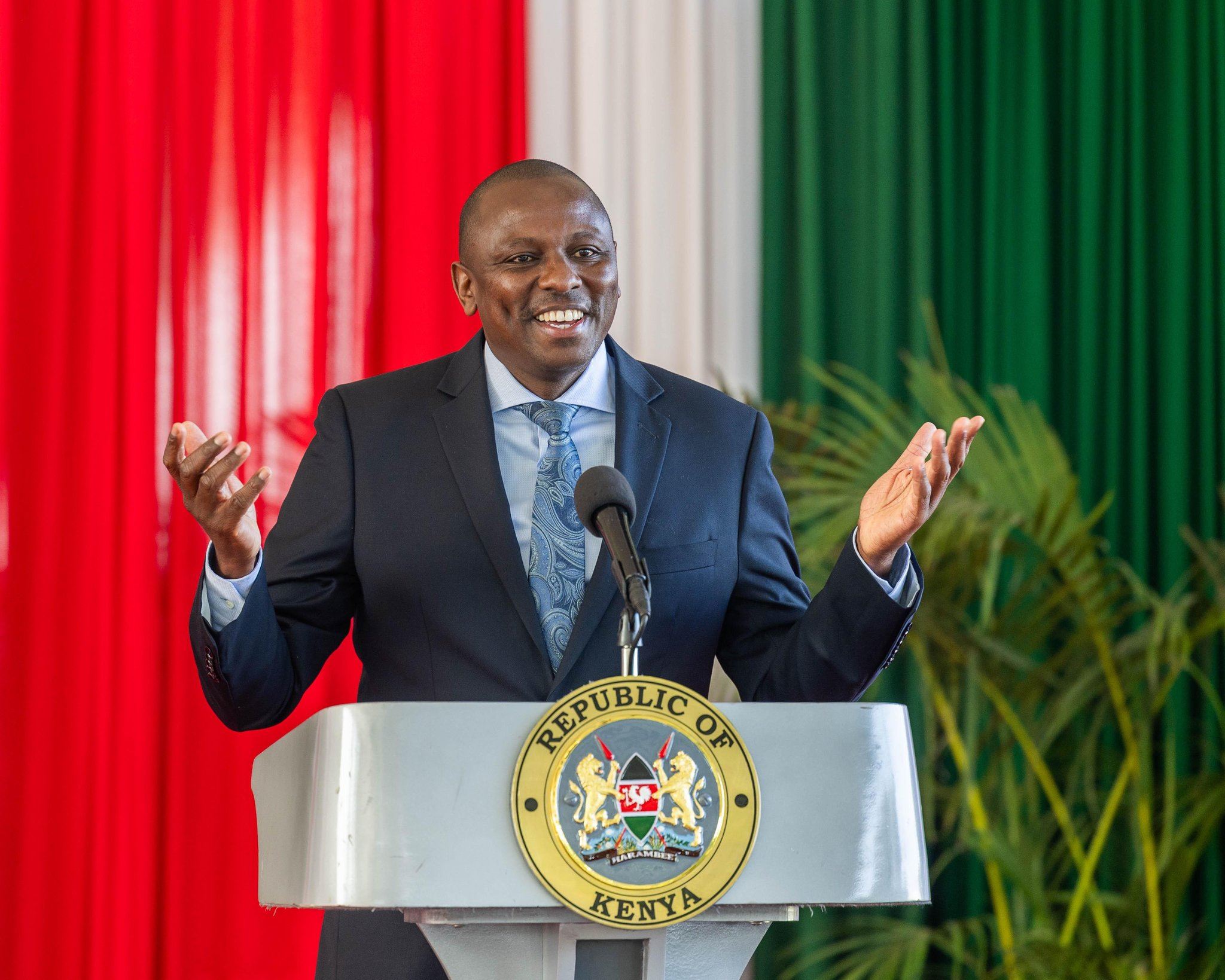
The DP confirmed that he would appear before the National Assembly against what he termed as "outrageous" allegations levelled against him in an impeachment motion.
National Assembly Majority Leader Kimani Ichung'wah has dismissed embattled Deputy President Rigathi Gachagua's media briefing on the eve of his impeachment, terming it a "public relations gimmick."
The Kikuyu MP says Gachagua tried to appeal to the court of public opinion.
More To Read
- SHA, Finance Bill, Gachagua impeachment top Google’s most popular searches by Kenyans in 2024
- Gachagua donates Sh1 million to church amid political donation controversy
- Activists seek to use Gachagua's impeachment to buttress petition to remove Ruto
- DP Kindiki takes over as new UDA Deputy Party Leader after Gachagua's ouster
On Monday evening, the DP confirmed that he would appear before the National Assembly against what he termed as "outrageous" allegations levelled against him in an impeachment motion.
He also took the opportunity to address some of the grounds for his impeachment which he terms as "most embarrassing allegation an MP can table before the House."
However, MP Ichung'wah criticised the DP for failing to address the substantive issues underlying the impeachment motion.
"He has simply tried to appeal to the court of public opinion," Ichung'wah stated asserting that the Deputy President is seeking sympathy instead of engaging with the real allegations against him.
The Majority Leader noted that Gachagua's focus on his late brother's estate was an attempt to evoke sympathy from the public.
"You can count the number of times he has mentioned his brother, trying to evoke sympathy from Kenyans," Ichung'wah highlighted.
He emphasised that the impeachment process is not about garnering public support but about upholding the constitutional responsibilities of Parliament.
Addressing claims that President William Ruto sanctioned the impeachment, Ichung'wah disagreed with the DP.
"Members of Parliament do not need the permission of President William Ruto, or indeed, anybody in the Executive, to impeach anybody," he asserted.
Constitutional mandate
The UDA legislator reaffirmed that the impeachment process is a constitutional mandate that stands independently from executive influence.
DP Gachagua: I think tomorrow will be the greatest circus or do I call it the theatre of the absurd that DP Rigathi Gachagua, undertaking duties assigned to him by the President to fight illicit brews and drugs should be impeached because by doing so he is interfering with… pic.twitter.com/XXdHStF5XB
— The Eastleigh Voice (@Eastleighvoice) October 7, 2024
Going further, Ichung'wah clarified misconceptions about the legislative process, explaining that impeachment motions do not require presidential assent.
"If anything, maybe I can confirm to you there were rumours last week that members of Parliament sent me to tell His Excellency, the President, that if he was convening a parliamentary group meeting to try and stop this impeachment process, then he would have replaced Gachagua's name with William's," he said noting that any attempt to intervene would be misguided.
As the House prepares to discuss the impeachment motion, the Leader of the Majority expressed confidence in the credibility of the grounds for impeachment.
"I have read those grounds; they are credible grounds that will be articulated on the floor of the House tomorrow," he stated.
In conclusion, Ichung'wah called for a focus on the facts and urged the Deputy President to engage with the issues at hand rather than resorting to emotional appeals.
"We are not in the business of listening to his sympathy-evoking gimmicks," he noted asserting that the National Assembly will carry out its oversight mandate without distraction.
Members of Parliament will today engage in a historic vote to determine the political fate of DP Gachagua.
The impeachment motion, initiated by Kibwezi West MP Mwengi Mutuse, outlines 11 grounds on which Gachagua's continued service is deemed untenable.
A total of 233 MPs (two-thirds) of all members must support the impeachment motion for it to advance to the Senate, where Gachagua's fate will ultimately be decided.
The House must substantiate at least one of these grounds, which are categorised under three main areas: gross violation of the Constitution, commission of a crime under national or international law, and gross misconduct as defined in Article 150 of the Constitution.
If impeached, Gachagua's political career would face a sudden and disgraceful end.
The Senate, being the trial chamber, will be sitting as a quasi-judicial body to hear and determine the matter.
He would also lose his retirement benefits and be barred from holding any public office in the future.
The Senate, being the trial chamber, will be sitting as a quasi-judicial body to hear and determine the matter.
Trending



